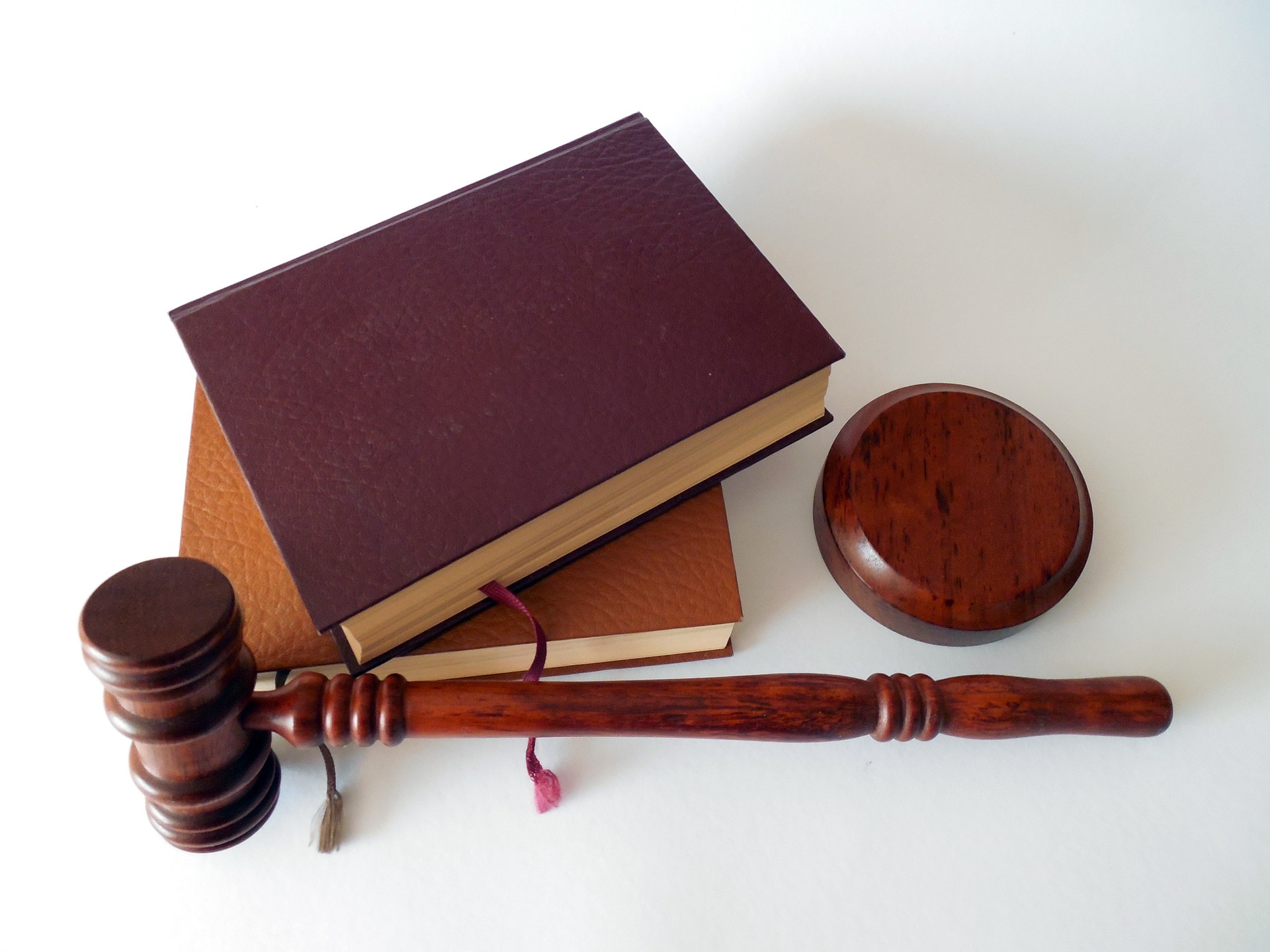A Closer Look at the Judicial Review in the United States
Introduction: Dive into the fascinating world of judicial review, a crucial aspect of the American legal system. This principle, which allows courts to determine the constitutionality of laws, continues to shape the nation's legislative landscape in profound ways.
The Genesis of Judicial Review
To appreciate the role of judicial review in American jurisprudence, it is essential to look back at its origins. Embedded in the U.S. legal system since the early 19th century, the principle of judicial review traces its roots to the landmark case Marbury v. Madison in 1803. This case set a precedent, allowing the courts to review and potentially invalidate legislation that contradicts the Constitution.
The Mechanics of Judicial Review
Judicial review operates on the premise that the U.S. Constitution is the supreme law of the land. When a case comes before the court that involves a question of constitutionality, the court has the authority to review the relevant law. If the court determines that the law contradicts the Constitution, it can declare that law unconstitutional, effectively rendering it invalid.
Judicial Review and its Role in Shaping Legislation
Judicial review has been instrumental in shaping American legislation. It serves as an essential check and balance on the legislative and executive branches of government, ensuring that all laws align with the Constitution’s principles. From civil rights to campaign finance, judicial review has played a critical role in shaping policy on a wide array of issues.
Controversies Surrounding Judicial Review
Despite its pivotal role, judicial review is not without controversy. Critics argue that it gives unelected judges too much power, allowing them to override the decisions of elected legislators. Others contend that interpreting the Constitution is a complex task that often requires judges to navigate grey areas, leading to controversial decisions.
Judicial Review: Impact and Implications
The influence of judicial review on American society is undeniable. It has played a critical role in landmark decisions from Brown v. Board of Education, which ended school segregation, to Roe v. Wade, which recognized a woman’s right to have an abortion. Through judicial review, the courts have had a profound impact on social norms and national policy, shaping the legal landscape of the United States for better or worse.
In conclusion, judicial review is a vital component of the American legal system. Despite the controversies it engenders, it undeniably plays a significant role in maintaining the rule of law and shaping the nation’s legislative landscape. As citizens, it behooves us to understand its workings and implications, as it continues to influence the laws that govern our daily lives.







